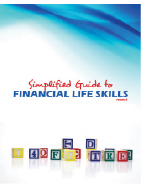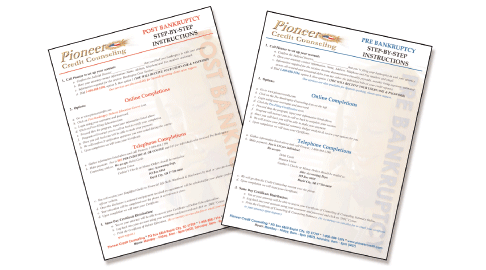When you don’t have to rely on your credit cards or have to write that monthly check to them each month you begin to feel financially stronger and will be excited and motivated to reach higher goals.
Lately, it seems like we have been training for a hurdle race than a distance race, financially speaking that is. Within 2 weeks, we have had someone put a healthy ding in our car (and of course was not courteous enough to leave any of their information), our air conditioning will not run, the heating element went out in our oven, and our sump pump went out completely. None of these things are financially devastating on their own but altogether within a short timeframe it has been quite the headache for us.
On top of all our little money hiccups has been the fact that we have about half a dozen different home projects that need to get finished or started. I have been trying to stain our deck for two months now (well, it’s actually been 2 years but I finally bought the stain 2 months ago) but the weather hasn’t been cooperating with us.
I will not complain about all the rain we have received as we need to get out of this drought and I know there are many people out there who are in dire situations due to the rise in severe weather this spring.
Some of the other projects we are still waiting to install are the hardwood floors we bought a couple of months ago and there is a bunch of landscaping projects we would like to get done. I never realized how much it could cost to do even the smallest landscaping project.
Who knew that a few wood beams, rocks, and shredded wood chips would be so expensive, and this is without the cost of labor. So it’s a snail’s pace trying to get everything done as we are only buying a few things at a time to finish.
Another thing that I want to touch on quickly is how important and vital it is that everyone has health insurance. Recently my younger brother was involved in a traffic accident and was seriously hurt. He was struck by a car and broke both of his legs which required major surgery to repair.
He is at the age where he thinks he is invincible and it never occurred to him to get any insurance and his job didn’t offer health insurance. It’s the kind of thing that you don’t think about getting if it’s not easily provided for you and when you are trying to stretch your paycheck as far as you can it can be a lot to have to pay for insurance out of pocket. I was in the same boat a few years ago and was lucky enough to not have anything serious happen.
My brother, on the other hand, was not so lucky and required some serious surgery and had to spend some time in the hospital where each day added to an already huge medical bill. The driver of the car involved in the accident had insurance but it will only cover a small percentage of the costs. There are other programs that are available to my brother to help him with his bills but it will be a long process.
So, even though health insurance can be expensive each month, it pales in comparison to what you will have to pay if you are unfortunate enough to have a medical emergency. You may also want to pay attention to this year’s presidential race as healthcare is also an important topic among candidates and hopefully, our government can come up with a plan for affordable healthcare for everyone (which I think they have been working on for a couple of decades now).
On a happier note, I hope that everyone is enjoying their summer and can find some time to enjoy Independence Day until next month, good luck and have fun.








